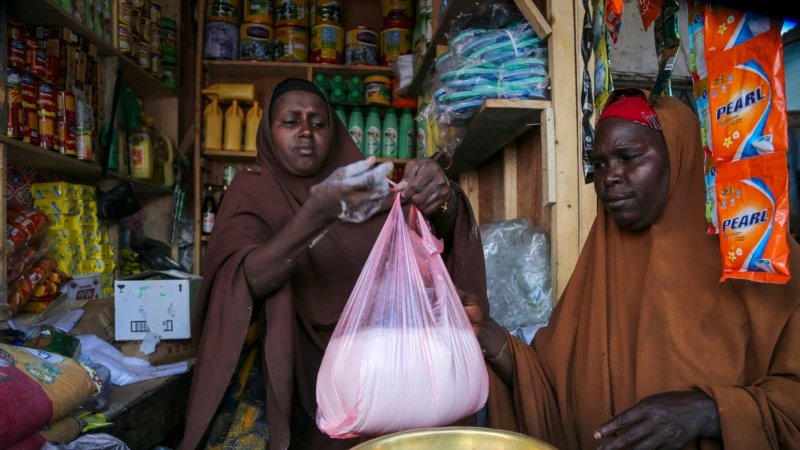The food crisis exacerbated by the war in Ukraine could see some easing according to U.N. Secretary-General Antonio Guterres, who spoke Wednesday.
He said any breakthrough was not imminent and could still be some time off.
The war has effectively bottlenecked supplies of grain and fertilizer from the war zone. Russia and Ukraine account for a third of global wheat supplies while Russia is a major global source of fertilizer.
Guterres called for “quick and decisive action to ensure a steady flow of food and energy,” including “lifting export restrictions, allocating surpluses and reserves to vulnerable populations and addressing food price increases to calm market volatility.”
“I think that there is progress, but we are not yet there. These are complex things and the fact that everything is interlinked makes the negotiation particularly complex,” Guterres said at a news conference with Swedish Prime Minister Magdalena Andersson in Stockholm.
Guerres traveled to Moscow and Kyiv earlier this year in an attempt to get exports from both countries to resume.
“As I said to the security council, I’m hopeful, but there is still a ways to go, and we are totally committed to make things happen,” he said.
Moscow has blamed Western sanctions for the disruptions in supplies and has said Russia would allow Ukrainian wheat and Russian fertilizer through the Black Sea if sanctions were eased.
During a trip to Bahrain Tuesday, Russian Foreign Minister Sergey Lavrov placed the responsibility on Kyiv and the West.
He said Western countries “created a lot of artificial problems by closing their ports to Russian ships, disrupting logistics and financial chains.”
Some information in this report comes from Reuters and Agence France Presse

